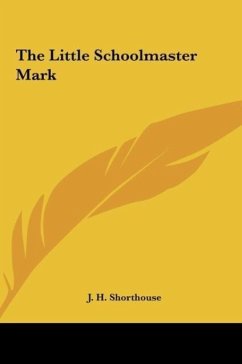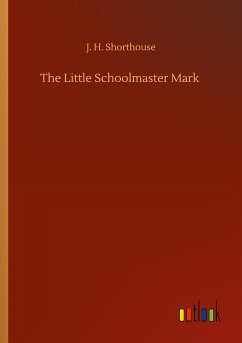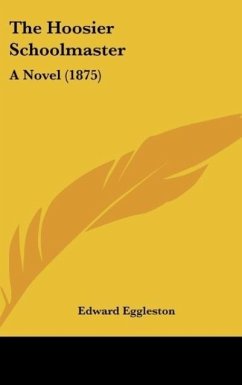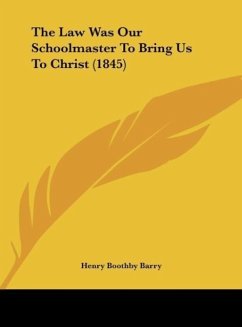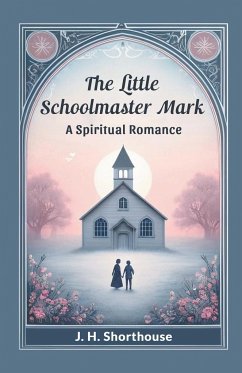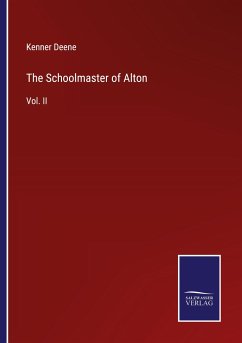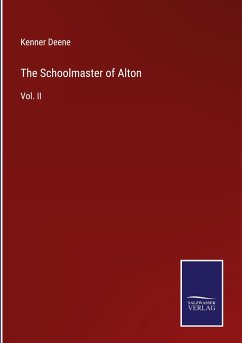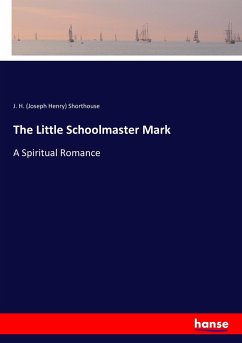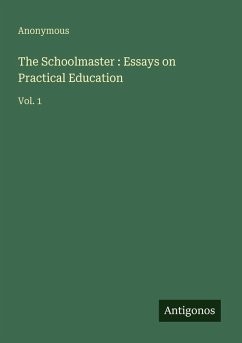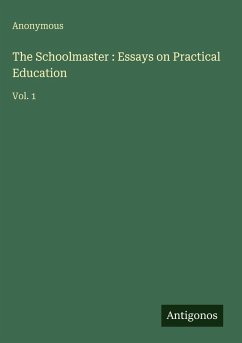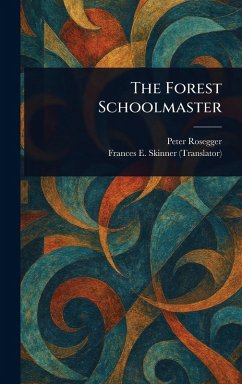Joseph Henry Shorthouse was an English novelist. His debut work, John Inglesant, was praised as a "philosophical romance". It is about a theological intrigue in the English 17th century. Shorthouse was born on September 9, 1834, in Birmingham's Great Charles Street, the eldest of three sons to Joseph Shorthouse (1797-1880) and his wife, Mary Ann, née Hawker. He grew raised on Calthorpe Street in Edgbaston. His father inherited a family chemical factory that manufactured vitriol, and his mother's father established Birmingham's first glasshouse. Both family were Quaker. He received his education both at home and at Grove House School in Tottenham, and went on to become a chemical maker. On August 19, 1857, in the Friends meeting house in Warwick, he married a boyhood friend, Sarah Scott (1832-1909), the eldest daughter of John and Elizabeth Scott. Two significant events occurred. He and his wife joined the Church of England in 1861, and he suffered the first of numerous epileptic seizures in January 1862. Shorthouse later identified as a member of "the new Oxford school of High Churchmen," although he preferred the Anglican church's independence and reason to Roman Catholicism's rule over individual judgment. Shorthouse's health began to fail in 1900, and he died on March 4, 1903, at his home on 60 Wellington Road in Edgbaston. He left no children.
